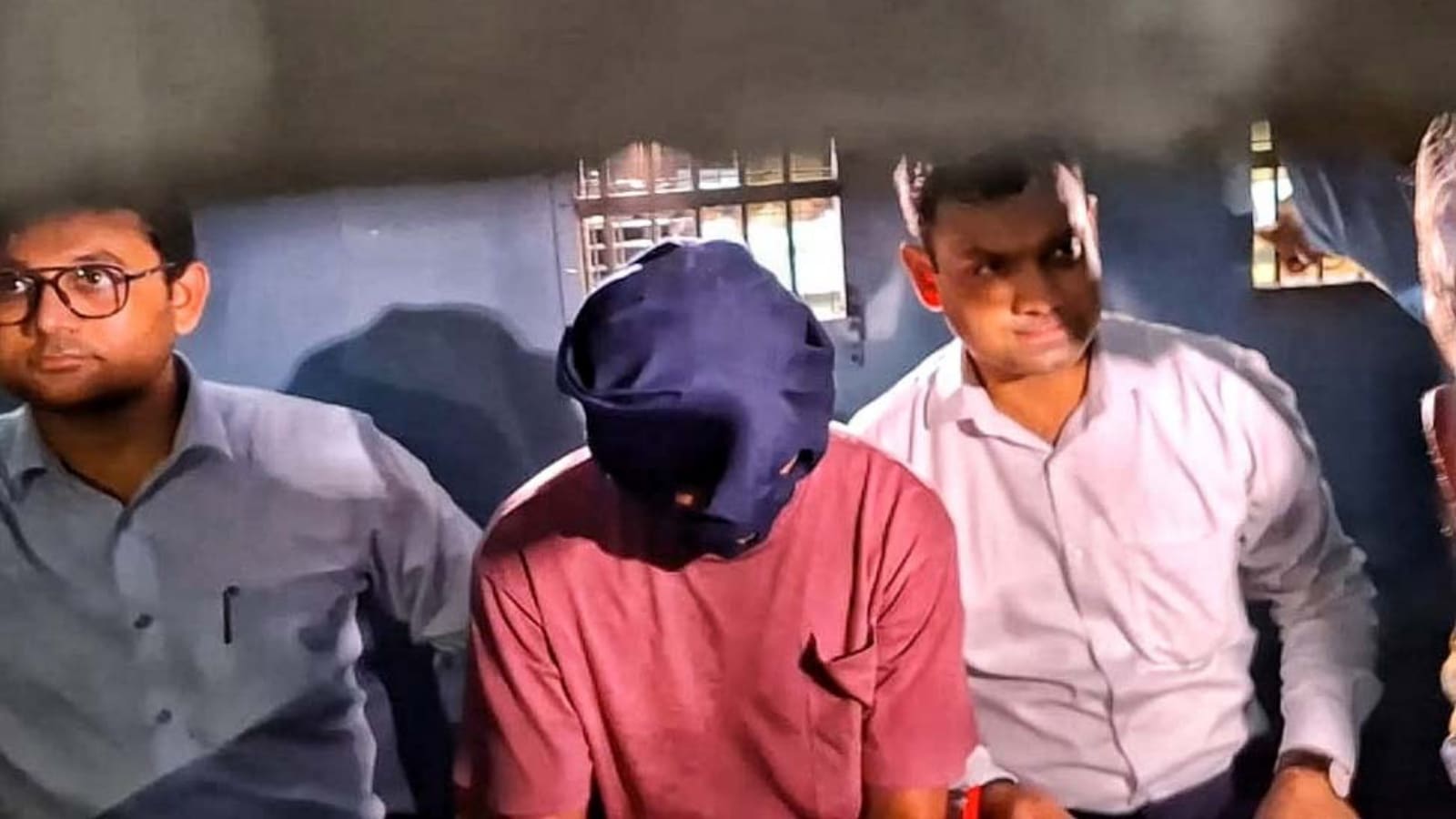 |
|
The Calcutta High Court is currently grappling with a crucial legal question surrounding the state's right to challenge a lower court's verdict in the horrific RG Kar rape and murder case. This case, which sparked widespread outrage and protests following the August 9th incident, involves the conviction of Sanjay Roy, a 35-year-old civic volunteer, for the rape and murder of a woman at the RG Kar Medical College and Hospital. The Sealdah court initially sentenced Roy to life imprisonment, a decision the West Bengal government now seeks to overturn by appealing for the death penalty. The High Court's questioning of the state's legal standing to challenge this sentence highlights the complexities and sensitivities inherent in such cases. The bench, led by Justice Debangshu Basak, expressed a desire to thoroughly examine all facets of the case before determining whether to proceed with the state’s appeal. This approach underscores the importance placed on due process and a fair consideration of all parties involved.
A central element of the High Court's deliberation revolves around the rights of the victim's family and the convict himself. Justice Basak explicitly stated the court's intention to hear from both parties before making a decision, demonstrating a commitment to ensuring their voices are heard and their perspectives considered. This focus on the victim's family emphasizes the broader societal impact of violent crimes and the need for justice to be served in a way that acknowledges the suffering endured by those affected. The court also raised questions about whether the victim and the accused were adequately represented during the initial trial. This consideration highlights the importance of ensuring fairness and due process at all stages of the legal proceedings. The inclusion of the victim's family’s perspective emphasizes a more holistic approach to justice, moving beyond the strict legal aspects to include the human element of the case.
The contrasting positions of the CBI and the West Bengal government further complicate the matter. The CBI argued that only the victim's family, the investigating agency, or the convict themselves have the right to appeal a lower court’s decision. This position emphasizes a more restricted framework for appealing court decisions. Conversely, the state government, citing jurisdiction over law and order, especially within a state hospital, asserted its right to challenge the sentence. This difference of opinion reflects a fundamental disagreement over legal authority and the role of state entities in criminal justice proceedings. The court’s decision will not only determine the fate of Sanjay Roy but will also have significant implications for future legal proceedings and interpretations regarding the state’s right to appeal in such cases. The court's meticulous approach, prioritizing the voices of the victim's family and the accused, showcases a commitment to a fair and thorough judicial process.
The legal proceedings have also highlighted procedural challenges. Roy’s counsel reported difficulties in meeting with him at the Presidency Correctional Home, preventing the signing of necessary legal documents. The court responded by ordering the state to facilitate these meetings, underscoring the importance of ensuring access to legal representation for the accused. This directive emphasizes the importance of due process, ensuring fair representation regardless of the circumstances. The difficulties encountered by Roy's counsel highlight the potential challenges in ensuring legal representation for incarcerated individuals, especially when faced with bureaucratic or logistical hurdles. The court’s active intervention to address this issue reinforces its commitment to ensuring a fair trial and upholding the rights of the accused.
The case’s ongoing development and the court’s careful deliberation emphasize the complexity of the legal processes in India and the ongoing struggle for justice in the face of violent crime. The Calcutta High Court’s decision, expected following the January 27th hearing, will undoubtedly carry significant weight, not only determining the fate of Sanjay Roy but also clarifying the boundaries of state authority in challenging lower court decisions related to criminal justice. This case serves as a reminder of the profound impact of violent crimes and the importance of balancing justice for victims and the rights of the accused within a comprehensive and fair legal framework. The court's dedication to considering all sides of the case underscores the importance of creating a balanced and just legal system that prioritizes due process, fairness, and consideration of all those affected by crime.
